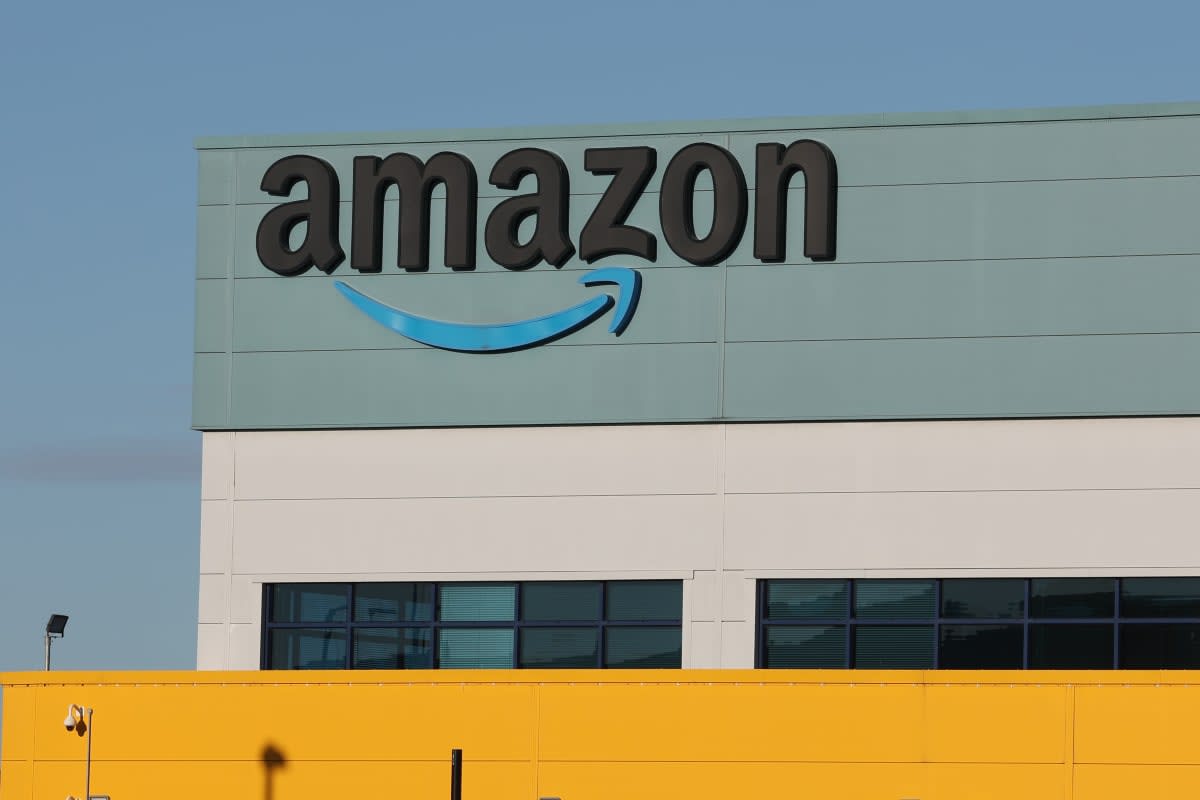Even Fortune 500 giants are quietly cutting thousands of jobs for a reason most of us expected

The past two months have been hard on the U.S. job market amid market uncertainty triggered by tariffs and the lack of data due to the government shutdown. Top Fortune 500 companies have announced massive layoffs, making workers across sectors anxious. The tech sector has been the most impacted in 2025, with more than 22,000 workers losing their jobs, according to tracker Layoffs.fyi. While some companies cited increasing operational costs, U.S. President Donald Trump's reciprocal tariffs and shifts in consumer spending behind the cuts, others simply blamed it on corporate restructuring and making room for Artificial intelligence.

HP Inc. has been steadily reducing its workforce since the pre-pandemic era to cut costs. This month, the company announced plans to lay off between 4,000 and 6,000 workers in a bid to generate $1 billion in gross savings by 2028. The tech giant stated that the layoffs would come as part of the effort to streamline operations, which includes adopting AI to increase productivity.
In October, Amazon announced the largest layoff in its history, planning to cut 14,000 corporate jobs, or about 4% of its workforce. While analysts speculated that the move was to boost AI development and adoption, the retail giant stated that its goal was to reduce redundancy and operate as the world's largest start-up. The company said that most of the affected employees would be given 90 days to look for a new position internally.

Before HP, in November, Verizon began laying off 13,000 employees as part of its restructuring efforts. Citing a staff memo from CEO Dan Schulman, Fortune reported that the telecommunications giant was trimming its workforce to simplify operations and "reorient" the company entirely.
Nestlé announced plans to cut 16,000 jobs globally, as part of a wider cost-cutting effort, back in October. As the company aimed at reviving its financial performance amid headwinds like rising commodity costs and U.S.-imposed tariffs, the Swiss food giant said the layoffs would take effect in the next two years, as per Fortune.
The United Parcel Service also disclosed about 48,000 job cuts this year as part of its turnaround efforts. The logistics giant is going through shifts in its shipping outputs as 93 of its daily operations closed down this year at leased and owned locations.

In late October, General Motors joined the bandwagon and began laying off about 1,700 workers across manufacturing sites in Michigan and Ohio. The auto giant cited slowing demand for electric vehicles and a slump in the market as the reason for the layoffs, Fortune reported. Hundreds of the automaker's employees were slated for "temporary layoffs" starting next year as well.
Salesforce also started trimming another 262 jobs at its San Francisco headquarters, according to a filing, cited by Tech Crunch. With CEO Marc Benioff talking about AI's potential to cut customer support roles, the company is further eliminating 1,000 jobs as per the publication, while hiring more staff to sell its new AI products.
In March, Meta announced that it would cut 5% of its workforce, which at the time was 72,000, as per TechCrunch. The company stated that it will target "low performers" to prepare for the "intense year" ahead. In May, the tech giant let 100 employees in its Reality Labs division go, according to The Verge. Furthermore, in October, it laid off approximately 600 employees across its AI infrastructure units and other product-related roles.

In the entertainment industry, Paramount announced plans to lay off about 2,000 employees or 10% of its workforce, months after completing its $8 billion merger with Skydance. As per Tech Crunch, the company initiated the layoffs by cutting 1,000 jobs in late October.
More on Market Realist:
Trump admin claims Americans are living in a 'golden age' — but experts have questions
Trump's top advisor says AI could be causing 'quiet time' in labor market — should you be worried?
Worried AI might replace your job? A new Gartner report predicts a surprising twist




















